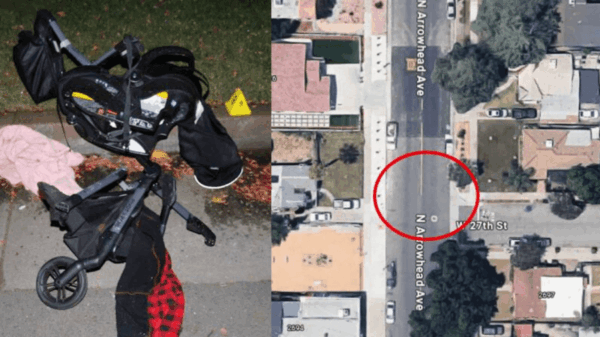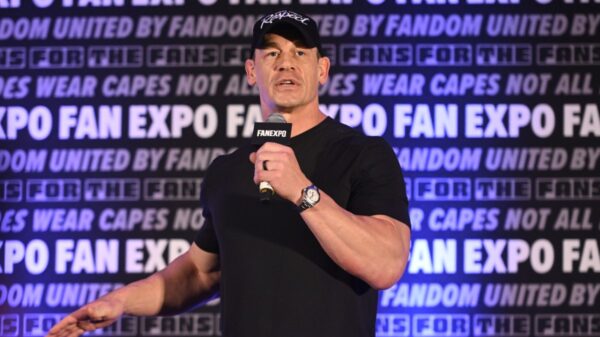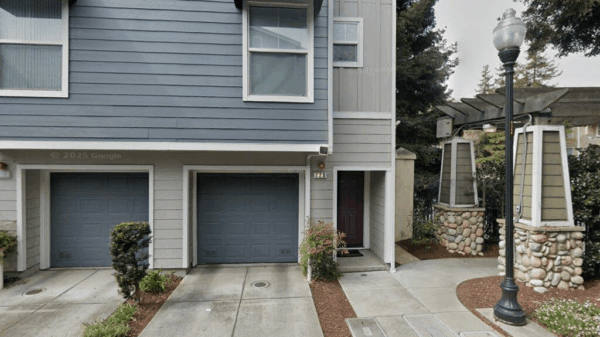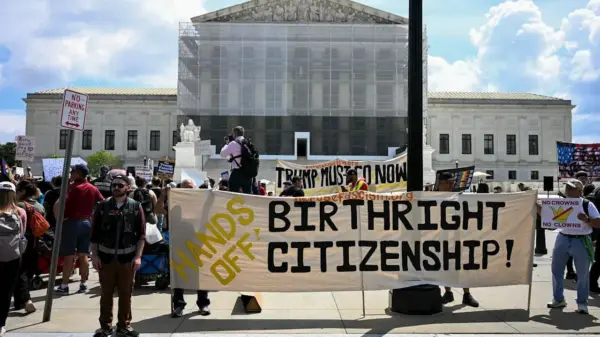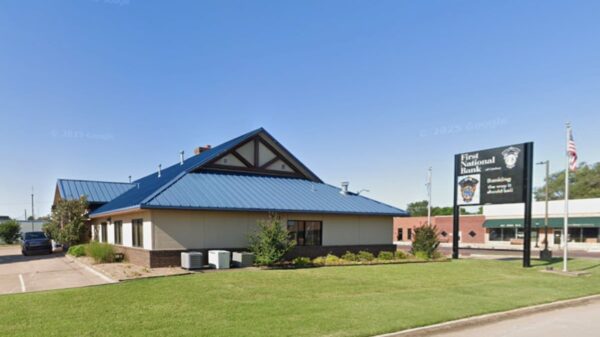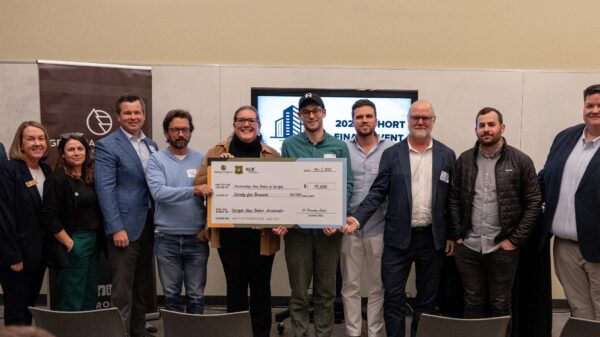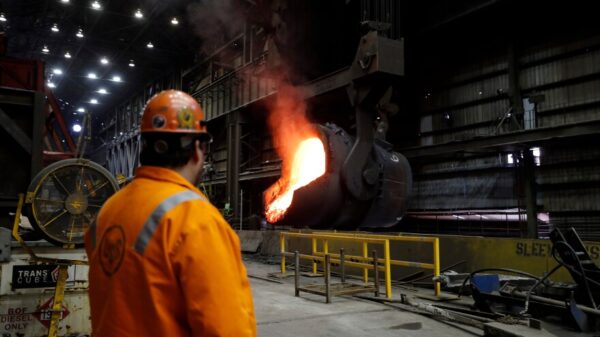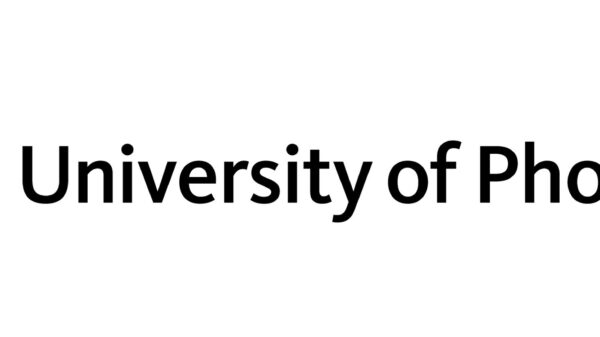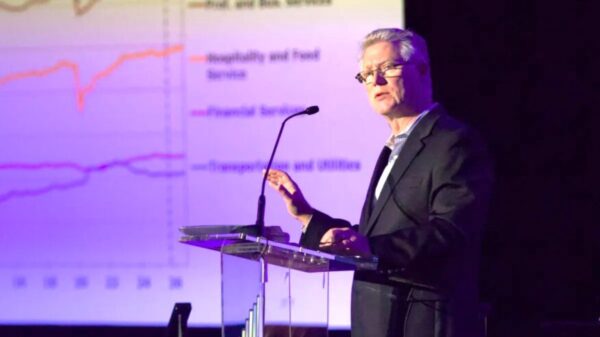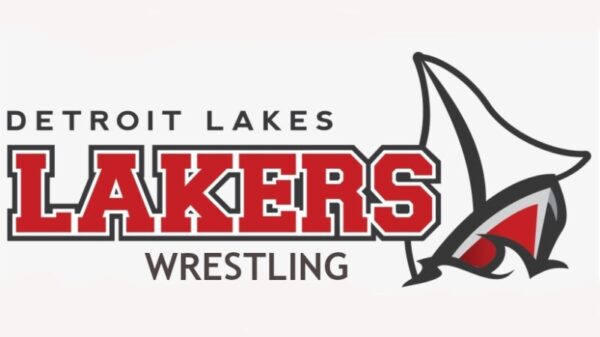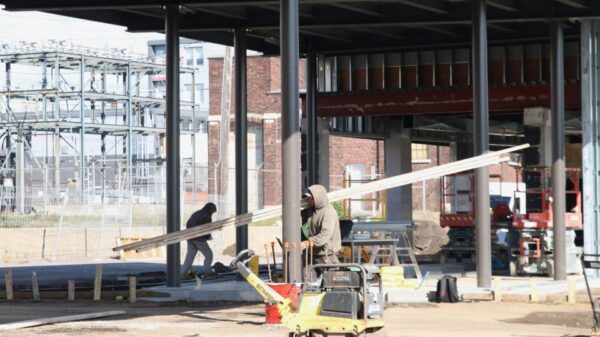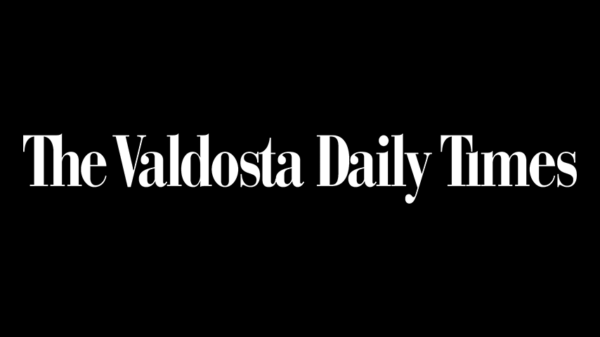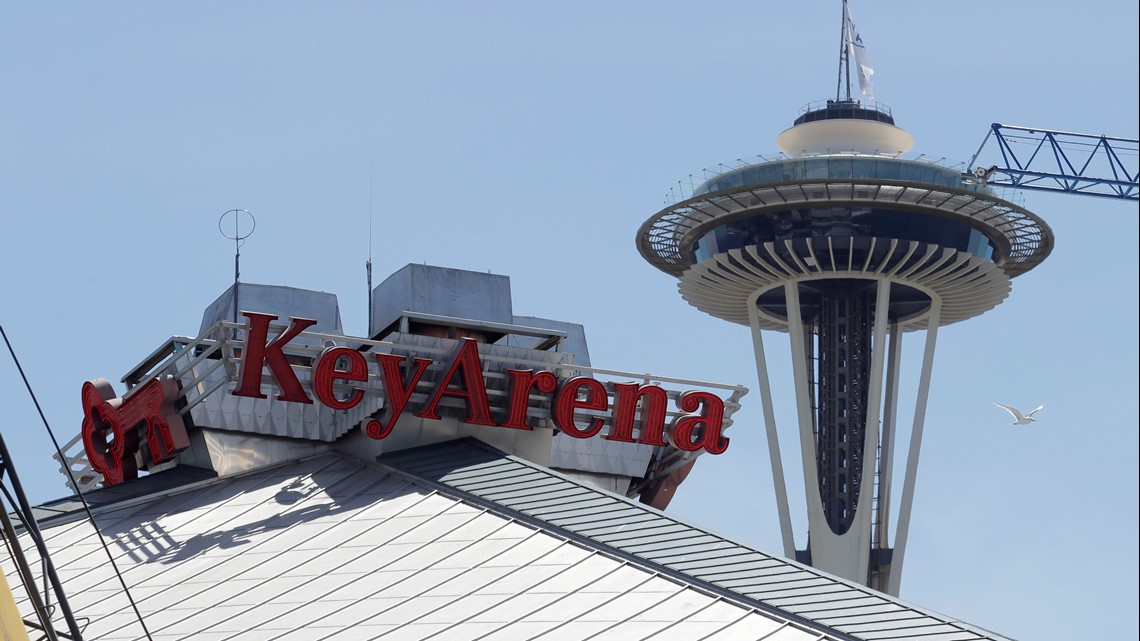SEATTLE — In a significant legal development, Oak View Group CEO Timothy J. Leiweke was indicted on Wednesday on conspiracy charges. The charges stem from allegations that Leiweke was involved in rigging the bidding process for the Moody Center project at the University of Texas in Austin. This indictment casts a shadow over Leiweke, who has strong ties to Seattle through his involvement in the redevelopment of the Climate Pledge Arena.
The indictment comes years after a controversial bidding process in Seattle. Back in 2017, as the city evaluated proposals to redevelop what was then KeyArena, the only competing bidder, Seattle Partners, publicly questioned the integrity of the process. Seattle Partners, a consortium of AEG and Hudson Pacific Properties, expressed concerns about transparency months before Oak View Group was awarded the contract.
Controversy in Seattle’s Arena Redevelopment
During the 2017 bidding process, Seattle Partners raised alarms about the fairness of the competition. In a letter addressed to then-Mayor Ed Murray and the Seattle City Council, Bob Newman, president of AEG Facilities, and Alex Vouvalides, chief investment officer of Hudson Pacific Properties, stated,
“We remain firm in the belief that our proposal best serves the people of Seattle. Unfortunately, significant factors throughout the bidding process have eroded our confidence in the ultimate execution of this project, no matter which group is selected.”
The letter, initially reported by GeekWire, accused the city of withholding critical financial details of Oak View Group’s proposal while fully disclosing Seattle Partners’ bid. This, according to the letter, raised serious questions about the decision-making process’s integrity.
Despite these concerns, Mayor Jenny Durkan signed the development agreement with Oak View Group in December 2017. On Wednesday, she declined to comment on Leiweke’s indictment.
Legal Allegations and Implications
According to the U.S. Department of Justice, Leiweke learned in September 2017 that a competitor intended to bid for the Austin project. He allegedly suggested finding a way to offer the competitor some business to dissuade them from bidding. By November 2017, prosecutors claim Leiweke was open to discussing subcontracting opportunities with the competitor but only if they refrained from submitting a bid. An agreement was reportedly reached in February 2018, resulting in Oak View Group submitting the only qualified bid for the Moody Center project.
As part of a resolution with the Justice Department, Oak View Group agreed to pay $15 million in penalties. However, the company emphasized that it cooperated fully with the Antitrust Division’s inquiry and resolved the matter without charges against OVG or any admission of wrongdoing.
Reactions and Future Implications
In response to the indictment, a spokesperson for Leiweke stated,
“Mr. Leiweke has done nothing wrong and will vigorously defend himself and his well-deserved reputation for fairness and integrity. The Antitrust Division’s allegations are wrong on the law and the facts, and the case should never have been brought.”
Oak View Group further defended its actions, asserting that the allegations ignore established legal precedent and seek to criminalize standard business practices. The company reiterated its commitment to legal and ethical business operations.
Meanwhile, a spokesperson for the Seattle Kraken, a team with ties to Leiweke’s family, clarified that the indictment does not affect the day-to-day operations of Climate Pledge Arena or other Seattle projects.
“Today’s news has nothing to do with Climate Pledge Arena or the Seattle Kraken and does not impact the day-to-day operations of the arena, our team, and our other Seattle projects, including Memorial Stadium and the potential return of the NBA to Seattle,”
the spokesperson stated.
Looking Ahead
The indictment of Timothy Leiweke raises broader questions about transparency and fairness in high-stakes bidding processes. As the legal proceedings unfold, industry observers will be watching closely to see how this case impacts future public-private partnerships and bidding competitions. The outcome could set significant precedents for how such processes are managed and scrutinized.
With the legal battle ahead, the spotlight remains on Leiweke and Oak View Group, as they navigate the complexities of the indictment and its implications for their business operations and reputation.


